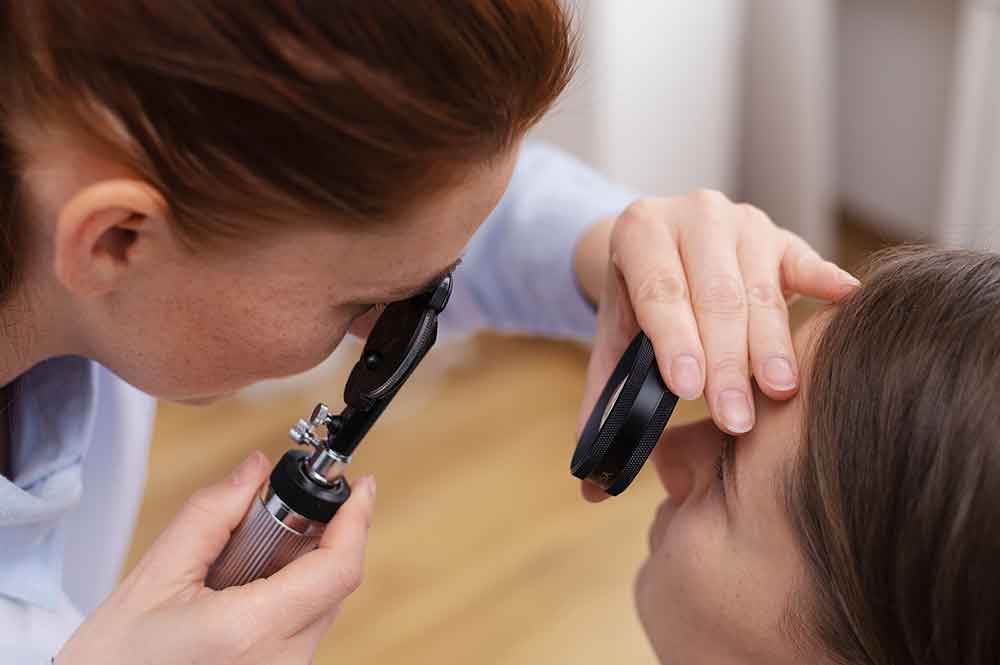There are two categories of medical insurance that can contribute to the cost of your eye care services and optical products.
Managed Vision Care
Lunovus Eye Care will only accept Vision Service Plan (VSP) and the majority of Eyemed plans as payment for services. The majority of the time, Managed Vision Care will pay for routine eye exams, in addition to covering the cost of eyeglasses or contact lenses. Plans for vision care do not include coverage for medical eye care (the diagnosis, management, or treatment of eye health problems such as dry eye, glaucoma, cataracts, and so on...). Eye care that is considered medically necessary must be paid for with medical insurance.
Medical Insurance
Although we are in network with the majority of medical insurance plans (such as Blue Cross Blue Shield, United Health Care, Medica, Preferred One, Health Partners, Medicare, and many others), we strongly recommend that patients call their insurance company in advance of their appointment to verify coverage.
If you have both kinds of insurance plans, it is possible that we will have to submit some of your services for payment to one insurance plan and some of them to the other. In order to complete this task in the most efficient manner possible and to reduce the amount of money you will have to pay out of pocket, we will use a method that is known as the coordination of benefits.
There Is a Big Difference Between Vision Insurance and Medical Insurance

Medical insurance and vision insurance are the two categories of insurance that cover eye care respectively. Your optical needs, such as annual vision testing, eyeglasses, and contact lenses, will be covered by vision insurance; however, your “medical” eye care needs will not be covered by this type of insurance. Additionally, the fitting of contact lenses and annual eye exams are typically not covered by vision insurance policies.
Cases that are considered to be of “medical necessity” are covered by medical insurance. Therefore, if you have an eye disease or problem that causes problems with your eyes, you can typically use your medical insurance to pay for the necessary treatments. The following are some examples of common medical conditions that we are able to bill your health insurance for:
Cases that are considered to be of “medical necessity” are covered by medical insurance. Therefore, if you have an eye disease or problem that causes problems with your eyes, you can typically use your medical insurance to pay for the necessary treatments. The following are some examples of common medical conditions that we are able to bill your health insurance for:
Complete eye exams, including the use of dilation (not including the refraction – vision testing – part of the exam)
Infection of the eye
Exams for the eyes in diabetes
Monitoring cataract development
Patients who take medications with potential ocular side effects, such as steroid medications, arthritis medications, and other medications, should have an eye exam
Administration of treatment and management for macular degeneration
Glaucoma patients should undergo regular monitoring and treatment.
Visitation in the event of an emergency due to vision loss caused by a medical condition
Making the Most of Your Health Insurance

-
When you call Lunovus eye care centers in Birmingham to book an appointment, please make sure to tell us the reason for your visit. In this way, we will be able to bill the relevant insurance.
-
Do not forget to bring any insurance cards that you have with you to your appointment.
-

Provide more information regarding the deductibles and copayments that are involved. You will be responsible for paying the deductible, which will subsequently be deducted from the total.
